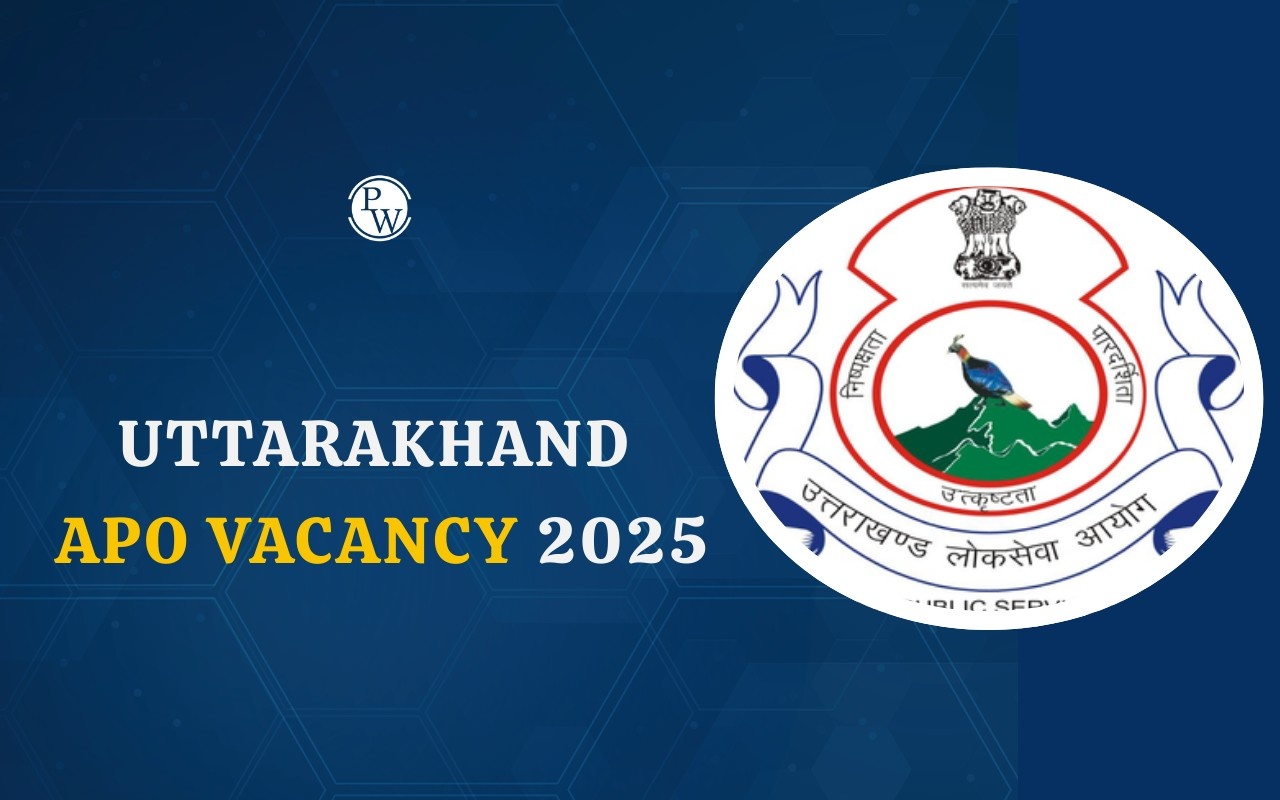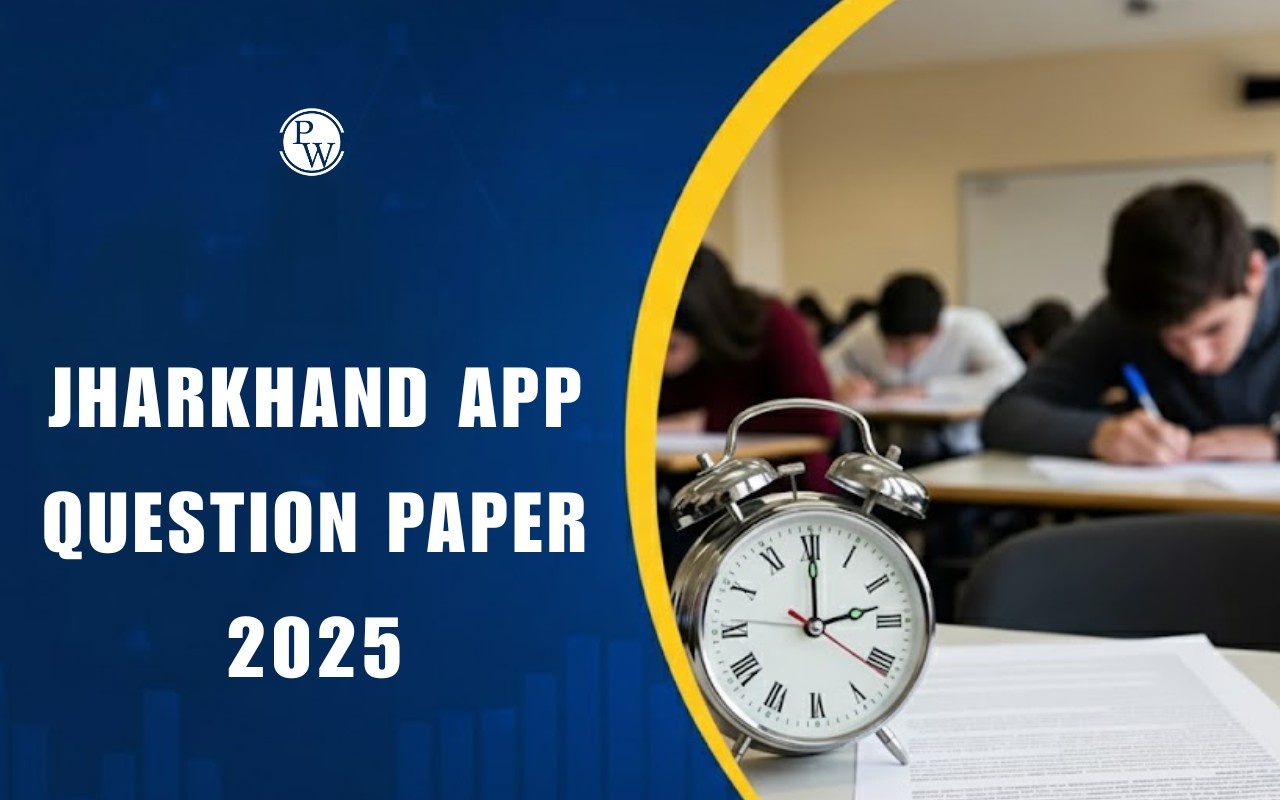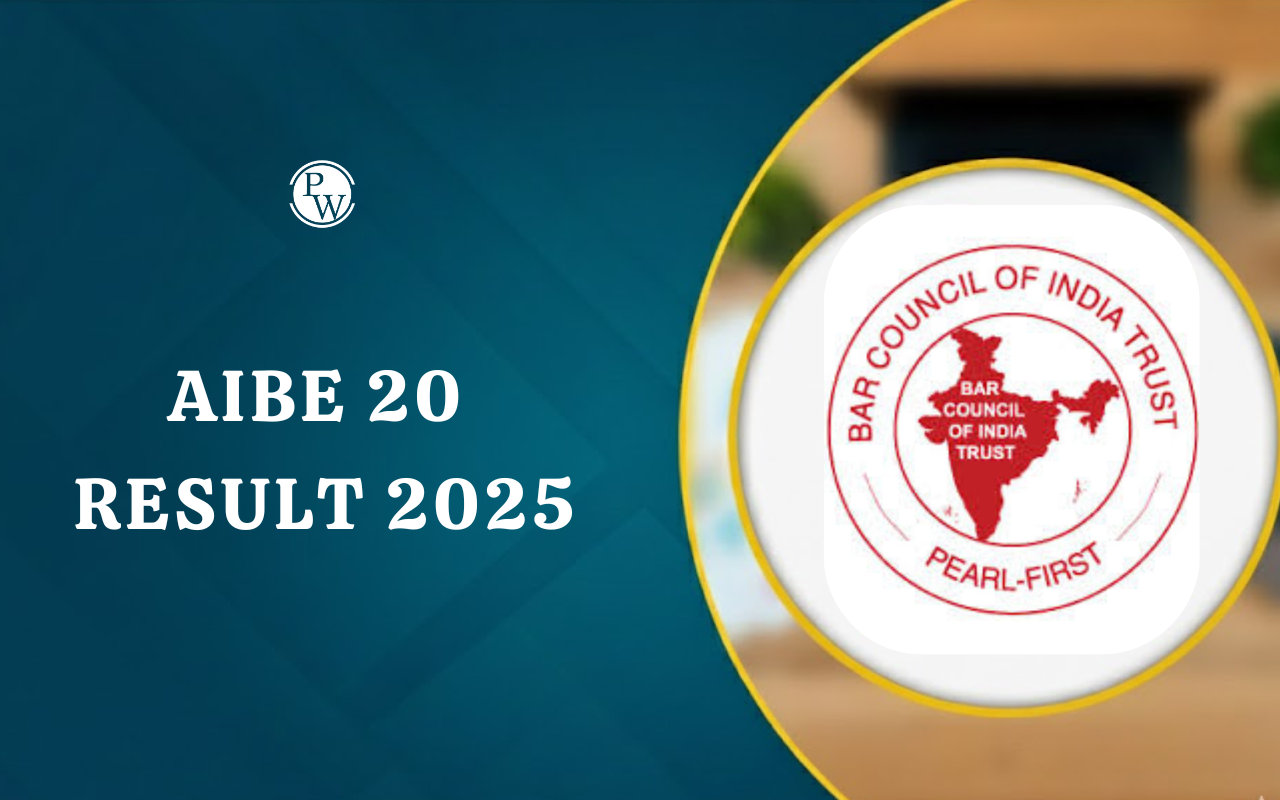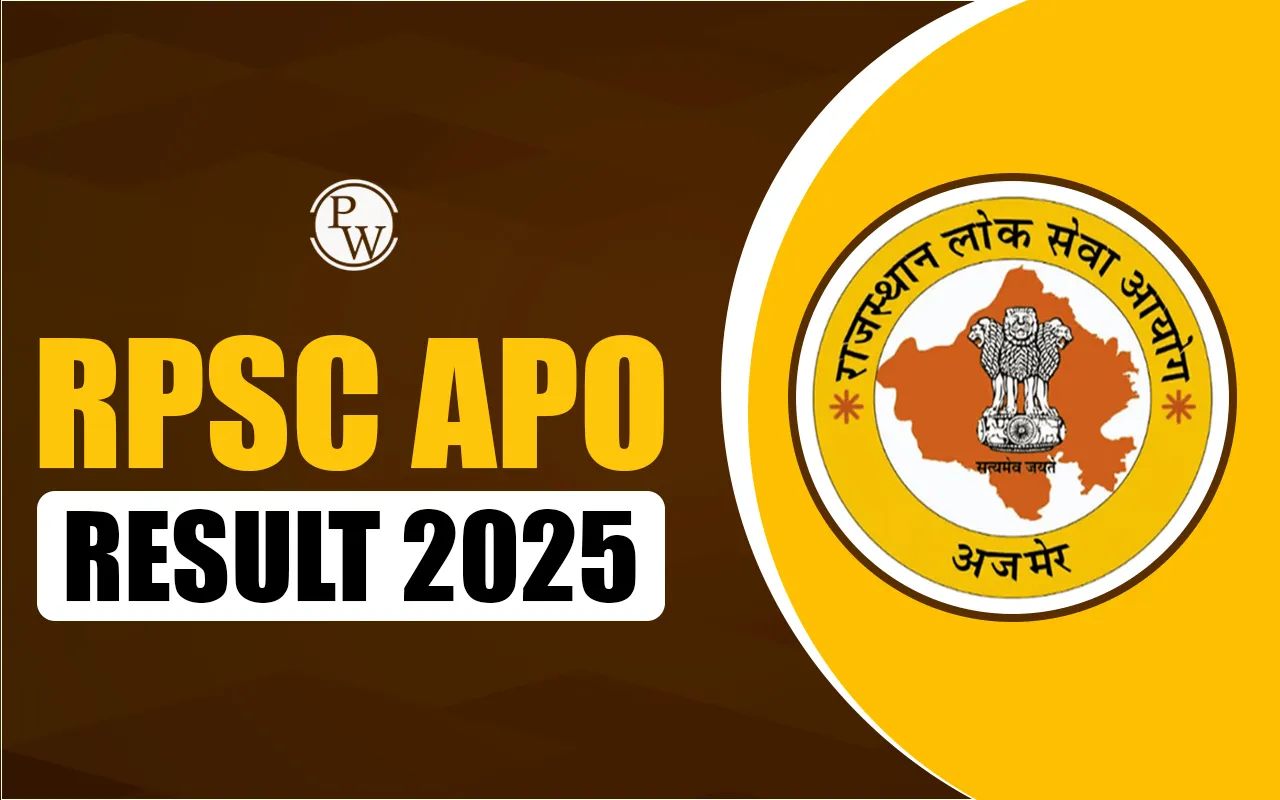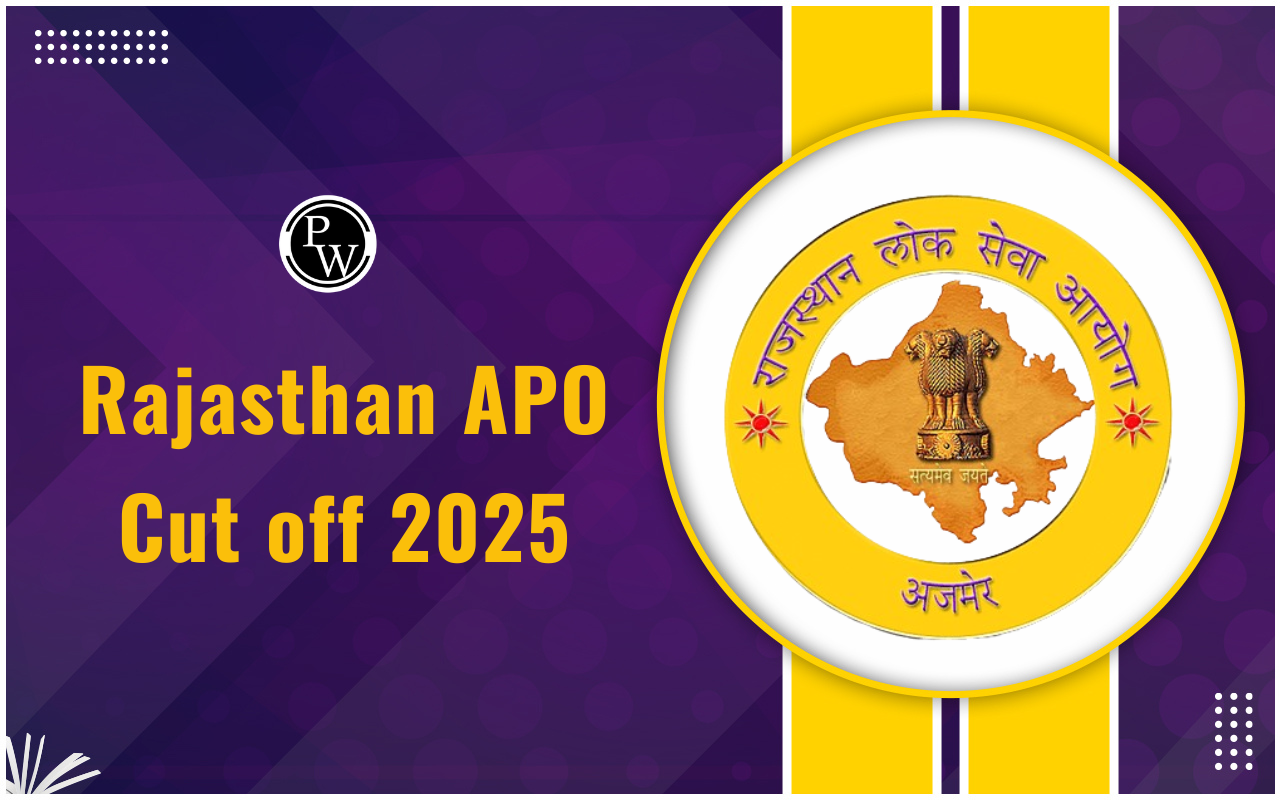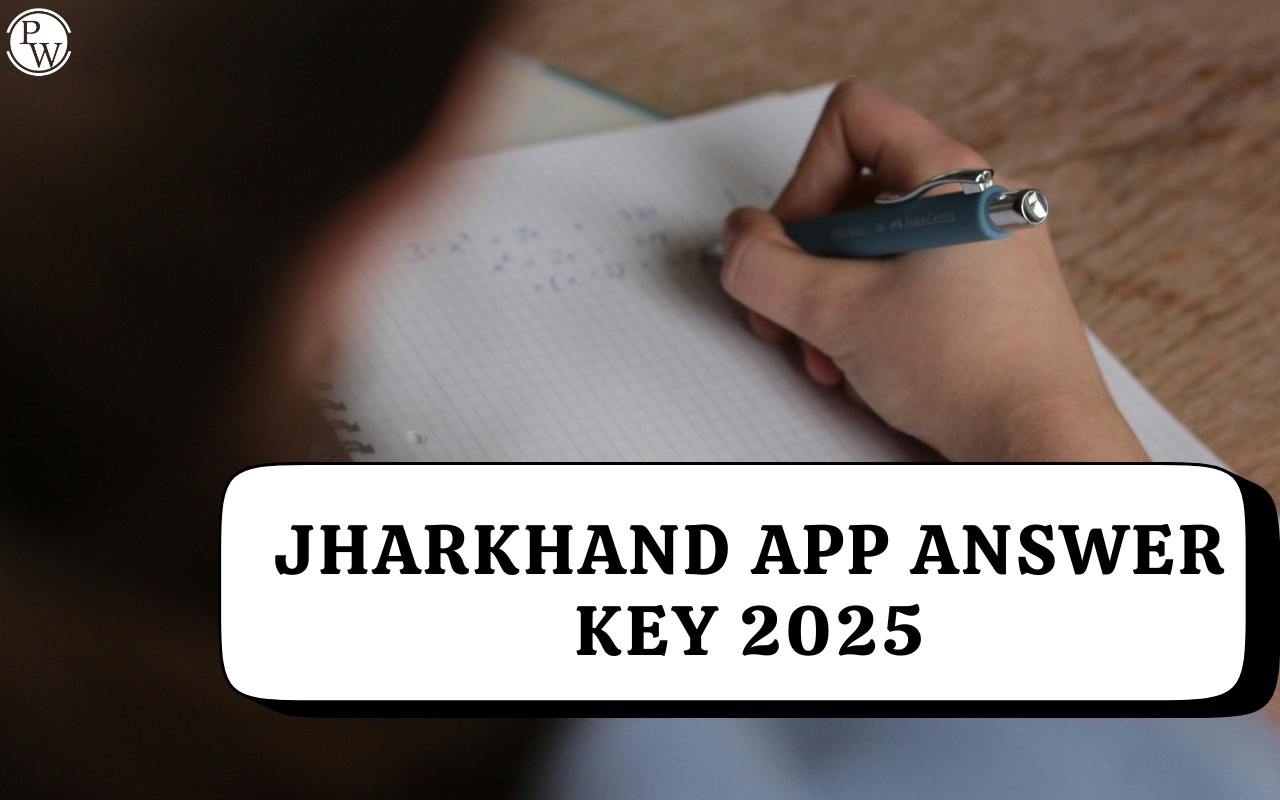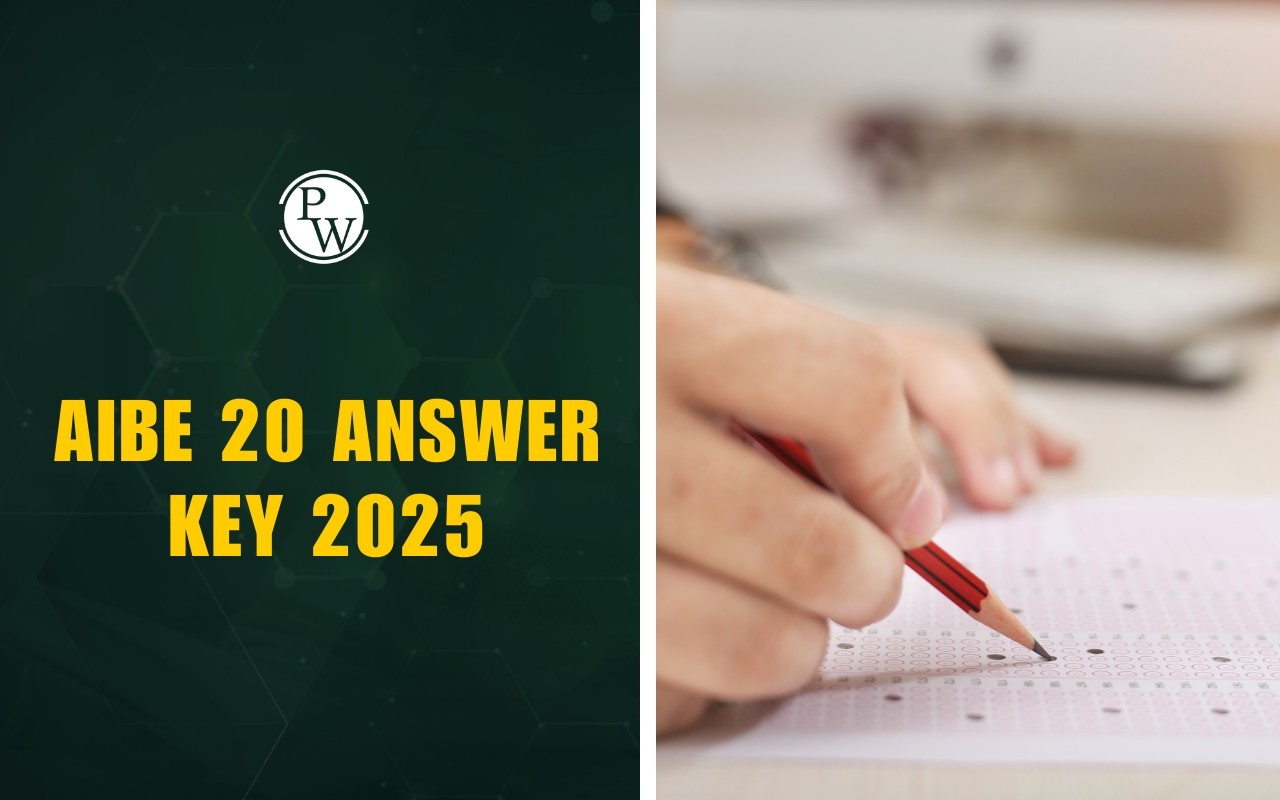
3 Year Practice for Judiciary Exams has become a key point of discussion in the Indian legal community. The evolving criteria for judicial recruitment, particularly the proposed mandate of three years of legal practice prior to appearing for judiciary exams, are reshaping the way future judges are being selected. This change has garnered both support and criticism, raising the question: is the 3 year practice for judiciary exams a challenge or opportunity?
With the Supreme Court’s recent intervention in Gujarat judicial recruitment and similar halts in other states, the legal fraternity is divided on whether this requirement is a much-needed reform or an unnecessary barrier.
|
3 Year Practice for Judiciary Exams Overview |
|
|
Aspect |
Details |
|
Policy Focus |
Mandatory 3-year legal practice before eligibility for judiciary exams |
|
Primary Objective |
To enhance practical legal knowledge and judicial preparedness |
|
Current Status |
Under deliberation, the Supreme Court stayed Gujarat’s recruitment process |
|
Applicable States |
Gujarat, Madhya Pradesh, Himachal Pradesh, Karnataka (under review) |
|
Supporting Argument |
Legal practice builds real-world skills essential for judicial competence |
|
Opposing Concerns |
May delay career progression and disadvantage fresh graduates |
|
Alternative Models |
Some states offer exceptions for top academic performers (e.g., MP-70 % rule) |
|
Key Stakeholders |
Supreme Court, High Courts, Judicial Services Commissions, Law Graduates |
|
Future Implications |
May become a nationwide standard if upheld by Supreme Court decision |
|
Related Controversies |
Recruitment stays, writ petitions, debates on fairness and accessibility |
Background of Judicial Recruitment
Judicial recruitment in India has traditionally balanced academic excellence with professional readiness. However, the absence of a uniform mandate for legal practice has led to inconsistencies. In a landmark development on 18th March 2025, the Supreme Court stayed the Gujarat recruitment process for Civil Judge (Junior Division), citing the lack of any mandate for practical legal experience in the notification. This reignited discussions on whether fresh law graduates are truly equipped to shoulder judicial responsibilities without practical exposure.
States like Madhya Pradesh have already introduced reforms, requiring either three years of practice or 70% marks in law school for judicial aspirants. Karnataka and Himachal Pradesh have similarly put their recruitment processes on hold, awaiting the Supreme Court's decision in the long-standing All India Judges Association vs Union of India case.
What if Three Years of Practice Becomes Mandatory?
If three years of legal practice for judiciary become mandatory, it would fundamentally alter the path for judicial aspirants. If implemented, this rule would delay eligibility for lakhs of aspirants, compelling them to invest three additional years post-graduation before appearing for the judiciary exams.
For many, this could appear as a challenge, but for others, it might serve as an opportunity to build strong legal foundations. Engaging in courtroom practice, observing trial proceedings, drafting legal documents, and interacting with clients could significantly enhance an aspirant's competence. Hence, the 3 Year Practice for Judiciary Exams could be viewed as a pathway to maturity in legal reasoning and practical application.
Why 3 Year Practice for Judiciary Exams is Necessary
Supporters argue that the 3 year practice for judiciary exams in India is a much-needed reform. Judges are expected to deliver justice with authority, insight, and experience—attributes that are honed in the crucible of practice. Practical experience facilitates a deeper understanding of procedural laws, the nuances of litigation, and ethical dilemmas—skills that theoretical studies alone cannot impart.
The Supreme Court, acknowledging these factors, has suggested reinstating the requirement to ensure the judiciary remains strong, fair, and well-informed.
Thus, for many legal scholars, why 3 year practice for judiciary exams is necessary lies in its ability to create a more competent and experienced judiciary.
Impact on Students
The imposition of the 3 year practice for judiciary exams has a profound impact on students. Many aspiring judges pursue law with the intent to directly appear for the judiciary exams post-graduation. A mandatory three-year practice period could:
-
Delay their entry into the judiciary.
-
Increase the financial burden of sustaining a legal practice.
-
Causes uncertainty and anxiety regarding future prospects.
Most law graduates finish their education by 23 or 24. With the 3 year practice for judiciary exams mandate, they would only be eligible at 27. Considering that judicial exams in states like UP and Bihar are often irregular, many aspirants might find themselves facing only one or two recruitment cycles before they reach the upper age limit.
This delay disproportionately affects candidates from rural or economically weaker sections, who may not have the resources to sustain themselves during this prolonged preparation phase.
Controversy Around Practice Requirements
The move has not been free of criticism. The controversy around practice requirements stems from concerns that such mandates may:
-
Be discriminatory towards students from economically weaker backgrounds.
-
Lead to inconsistent recruitment criteria across different states.
-
Complicate the already challenging path to becoming a judge.
The ongoing legal debates, including pending writ petitions in various High Courts (such as in Himachal Pradesh on 20th March 2025), highlight the complex legal and ethical dimensions of this policy change. Additionally, with no guarantee of regular exams and limited upper age limits, the new policy risks alienating meritorious candidates.
The earlier removal of the practice clause in 2002 was precisely to democratize the judiciary and make it accessible to fresh graduates. Reintroducing it, critics argue, could reverse this progress.
3 Year Practice for Judiciary Exams Pros
Proponents of the 3 year practice for judiciary exams argue that the benefits outweigh the drawbacks. The major pros include:
-
Enhanced Practical Knowledge: Exposure to court procedures and client handling improves legal understanding.
-
Judicial Readiness: Candidates are more prepared to take on judicial responsibilities.
-
Merit-Based Selection: Filters out candidates lacking commitment to the profession.
-
Consistency with Global Standards: Many countries already mandate practical experience before judicial appointments.
3 Year Practice for Judiciary Exams Cons
Despite its advantages, the proposed change is not without cons:
-
Delays in Career Entry: Students must wait longer before entering the judiciary.
-
Financial Pressure: Young advocates may struggle to sustain a legal career in its early stages.
-
State-Wise Disparity: Inconsistent rules may create confusion and inequality among candidates.
-
Lack of Structured Training: The nature and quality of legal practice can vary widely.
These 3 year practice for judiciary exams cons reflect the systemic issues within the legal ecosystem that must be addressed for the policy to be successful.
3 Year Practice for Judiciary Exams Challenge or Opportunity?
So, is the 3 year practice for judiciary exams challenge or opportunity? The answer lies in perspective. For those who can afford to wait and invest time in developing legal acumen, it is an unparalleled opportunity for growth. But for others, particularly those without support systems or who rely on timely employment, it becomes an insurmountable hurdle.
The debate around 3 year practice for judiciary exams: challenge or opportunity ultimately depends on one’s perspective. For aspirants, it may initially seem like a hurdle. However, for the judiciary and society at large, it is an opportunity to elevate the standards of judicial service.
Conclusion
In conclusion, the 3 year practice for judiciary exams is more than just a procedural change—it is a reflection of India's evolving legal ethos. While it presents new challenges for students, it also offers an opportunity to cultivate a judiciary that is both intellectually capable and experientially grounded. As this policy continues to develop across states, it is imperative for all stakeholders—students, institutions, and policymakers—to engage constructively in shaping a robust future for India’s judicial system.
Explore the Judiciary Coaching 2025 to access essential resources for Judiciary exam preparation, including detailed insights and strategies. Dive into the Judiciary 2025 for structured courses and focused study plans designed to help aspirants excel in their exams.
3 Year Practice for Judiciary Exams FAQs
What is the background of judicial recruitment in India?
What happens if three years of practice becomes mandatory?
Why 3 year practice for judiciary exams is necessary?
What is the impact on students due to this change?
What is the controversy around practice requirements?
What are the pros and cons of the 3 year practice rule?

